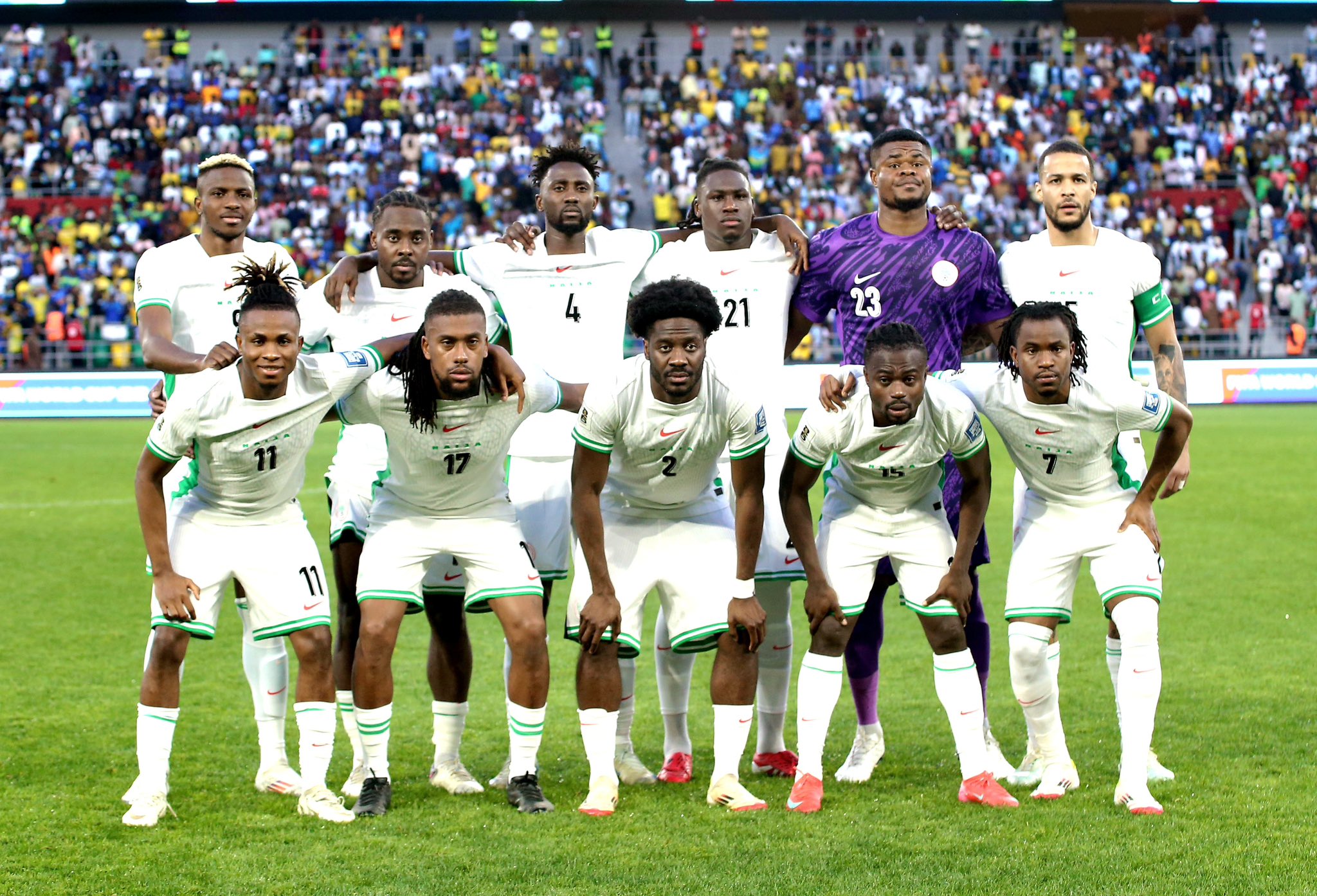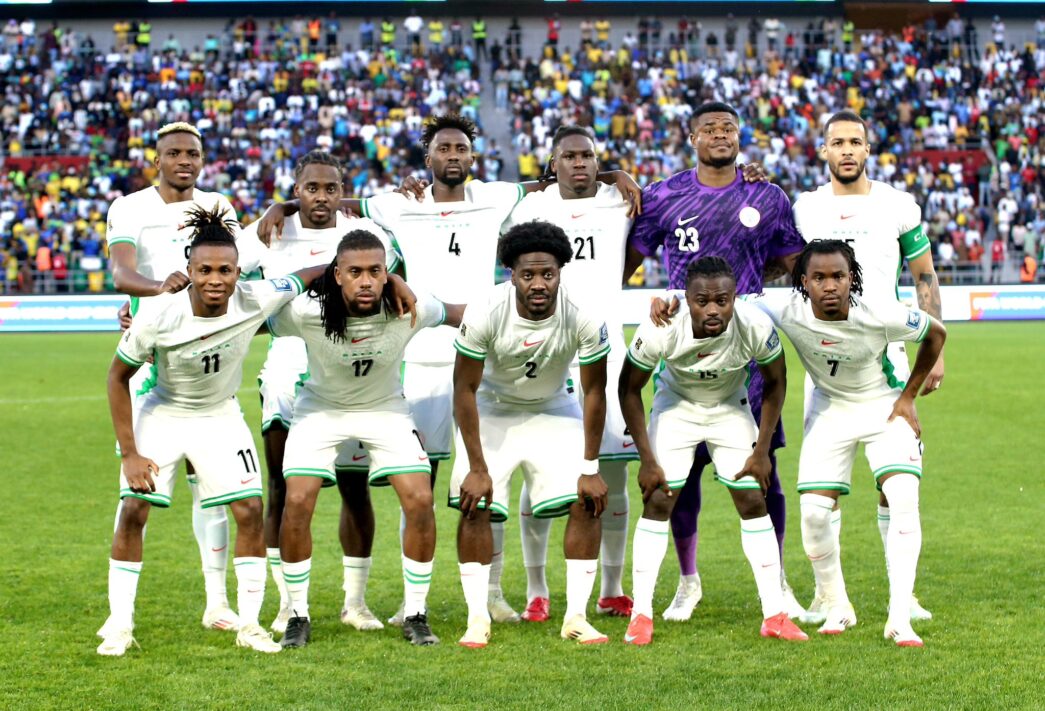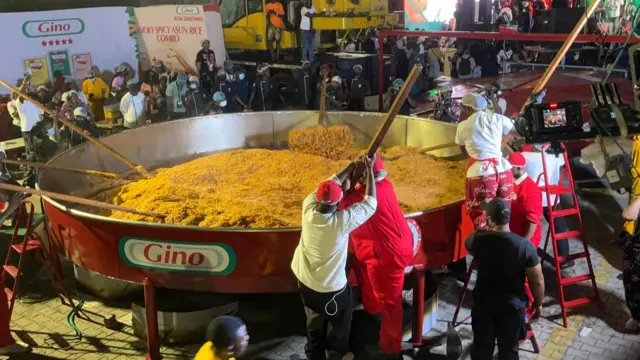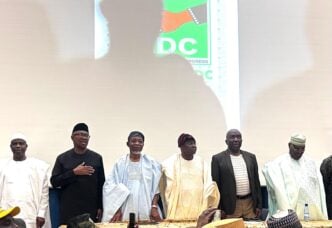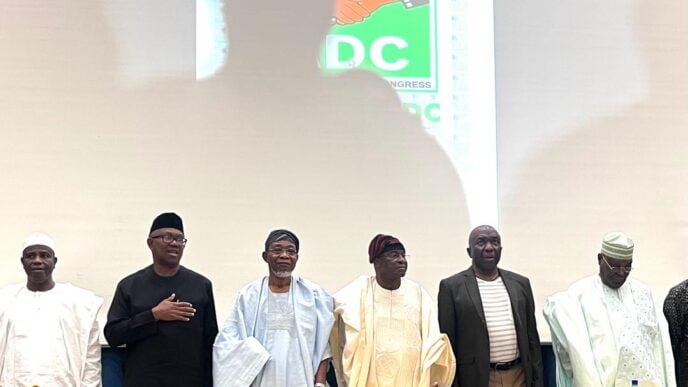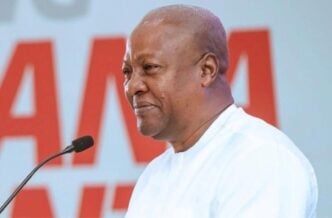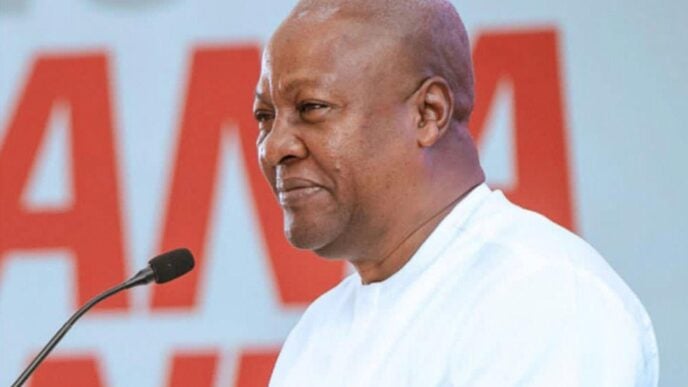The Super Eagles of Nigeria
BY PATRICK IWELUNMOR
When history begins to judge the present, it often exposes the subtle lies nations tell themselves. Today, Nigeria finds itself at a crossroads in football, staring at another failed World Cup qualifying campaign. And already, fingers are being pointed at Eric Chelle, the current coach of the Super Eagles. For many, he has become the convenient scapegoat. But such finger-pointing misses the deeper truth. The problem is not Chelle. The problem is the Nigeria Football Federation (NFF)—a body that has turned mismanagement into a habit, disrespect into culture, and incompetence into tradition.
Consider this: one World Cup qualifying process, three different coaches. Where in the world of serious football is such recklessness tolerated? Coaching continuity is the lifeblood of international football. It is why nations like Germany, Spain, and Argentina build a philosophy around their coaches, often keeping them for years to create cohesion. Nigeria, on the other hand, treats the position of national coach like a stool in a village square—passed around, broken, and sometimes discarded altogether. Eric Chelle has only inherited the ruins of these reckless choices. He was never given a stable structure or a clear roadmap. He walked into confusion, and confusion has predictable results: inconsistency, disjointed play, and inevitable heartbreak. Blaming him for what is fundamentally a systemic rot is not only unfair; it is intellectually dishonest.
The NFF’s failures extend beyond the careless hiring and firing of coaches. There is also the notorious sin of unpaid salaries—a sin that has become a recurring decimal in Nigerian football. Coaches—both foreign and local—have endured months, sometimes years, without pay. Can a man labour faithfully while his wages are withheld? Foreign coaches have complained. Some even dragged the NFF to FIFA tribunals. Yet the greater humiliation has always been reserved for Nigerian coaches. The late Shuaibu Amodu, who once qualified Nigeria for the World Cup, was left unpaid and abandoned until death claimed him. Stephen Keshi, the Big Boss who brought home the 2013 AFCON trophy, was repeatedly humiliated, owed salaries, and denied the honour his exploits deserved. These are wounds that still bleed in the memory of Nigerian football.
Advertisement
When a nation mistreats its heroes, when it dishonours those who labour for its glory, when it turns gratitude into ridicule—can it escape the consequences? Sometimes, watching Nigeria’s football decline, one wonders if the NFF is labouring under a curse, a spiritual weight of injustice that refuses to be lifted. It is not just about Amodu or Keshi. Many players, too, have been treated shabbily—owed bonuses, abandoned after injuries, discarded once their usefulness was deemed over. This culture of dishonour is poisonous. It breeds distrust, kills motivation, and makes excellence a fleeting accident rather than a sustainable reality. Perhaps this is why Nigeria’s football often looks like a candle flickering in the wind—bright one moment, dark the next.
To now blame Eric Chelle for this mess is to misread the entire script. He is not the architect of Nigeria’s football problems; he is merely the latest tenant in a crumbling house. No coach, however gifted, can succeed in an environment where salaries are delayed, where logistics are shoddy, where player welfare is an afterthought, and where administrators prize travel allowances over technical planning. Chelle is not the villain. He is a victim of the same systemic decay that swallowed Amodu and Keshi. To hurl stones at him is to give the real culprits—the NFF—a convenient escape route.
The NFF has, over the years, become a metaphor for everything wrong with Nigerian governance. Nepotism, greed, lack of vision—these are the traits that dominate its corridors. Administrators who should be stewards of the game treat it as a feeding trough. Decisions are made not with the future of Nigerian football in mind, but with the immediate pockets of those in power. And so, instead of building academies, we create excuses. Instead of paying coaches, we pay lip service. Instead of investing in grassroots football, we invest in political alignments. The result is before us: perennial failure, dressed up in press conferences and empty promises.
Advertisement
But redemption is still possible. It begins with truth-telling: the NFF must acknowledge that it is the problem. It must stop scapegoating coaches and start reforming itself. Salaries must be paid promptly. Coaches must be given respect, whether they are indigenous or foreign. Long-term technical planning must replace fire-brigade hiring and firing. Equally, Nigeria must learn to honour its own. The memories of Shuaibu Amodu and Stephen Keshi demand justice. Their sacrifices must never be in vain. True honour for them will be found in reforms that ensure no coach—indigenous or otherwise—is ever again treated with such disdain.
As the dust settles on another failed World Cup campaign, let us correct the narrative: blame NFF, not Chelle. The man is not the problem; the system is. Until Nigeria confronts the rot at the heart of its football administration, we will continue to circle the same wilderness—talented players, passionate fans, but no lasting success. Eric Chelle deserves patience, support, and structure. The NFF deserves scrutiny, rebuke, and reform. And Nigeria deserves better. Only when we dismantle the culture of injustice can we finally break the curse that has long haunted our football.
Patrick Iwelunmor, editor of Pharmanews Ltd, can be contacted via [email protected]
Advertisement
Views expressed by contributors are strictly personal and not of TheCable.
